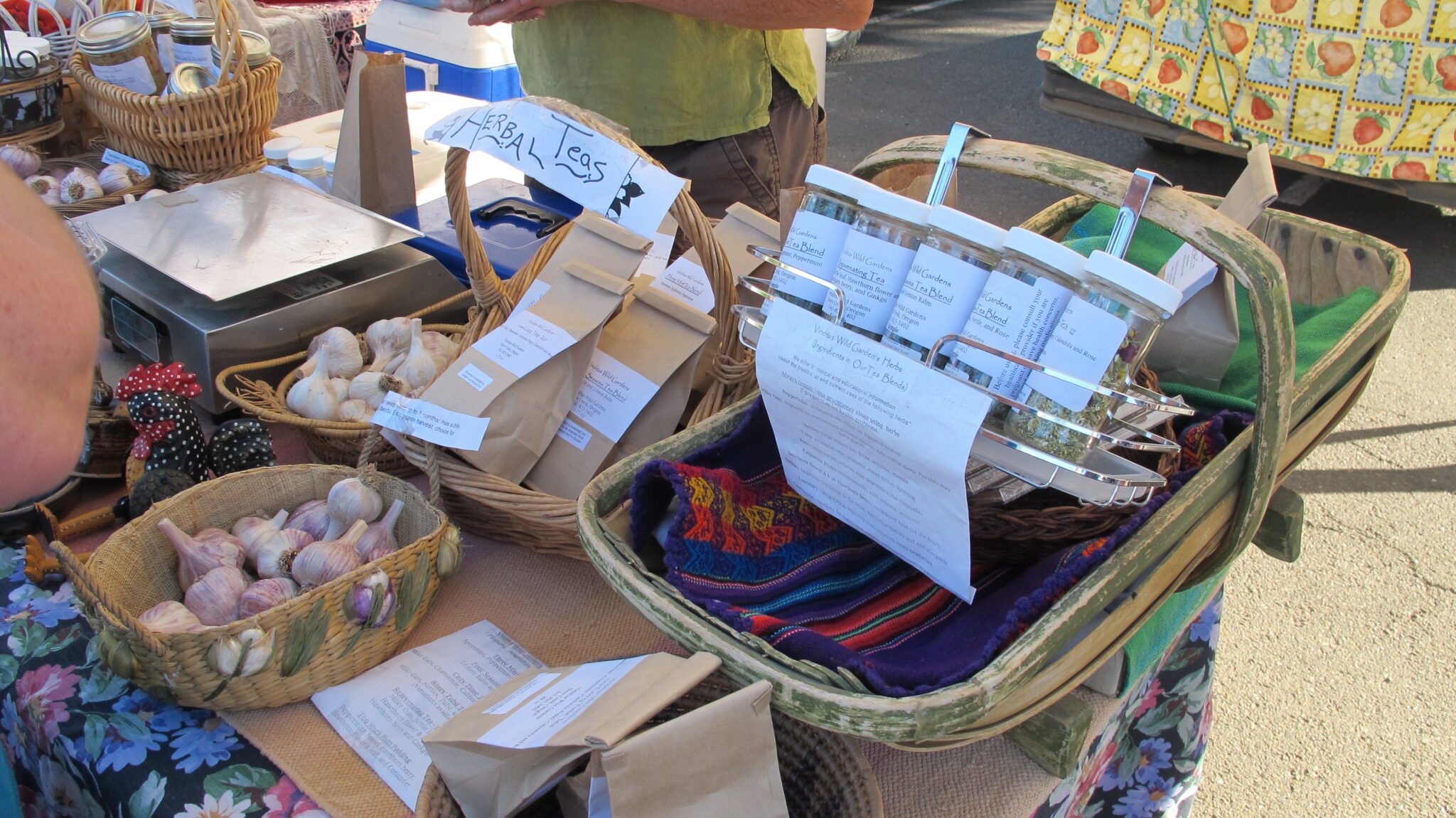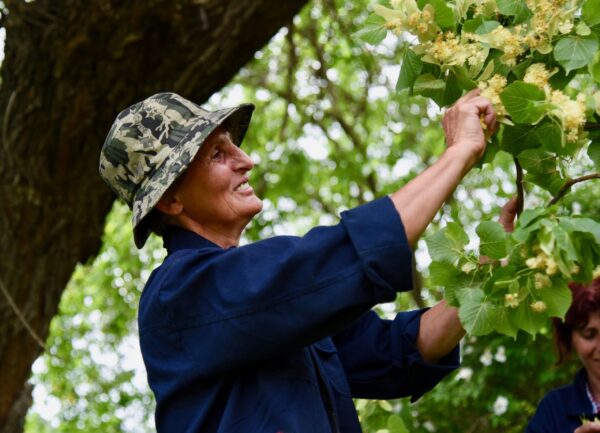Herbalists

Herbalists as the Change
Contextualizing Questions and Answers
Q: How can you invite clients on a deeper healing journey?
Q: What products to recommend?

Diving Deep
Some questions to consider include:
- Does your client really need that herb?
Can you achieve the desired result with something else – with food, with movement, with a spiritual practice?
- Will your client take the herb? In what form?
Explain the different remedies: capsules, teas, tinctures, baths, etc., what is involved and how each works. Ask which your client is most likely to take.
- Can you teach them to make their own remedy? To grow a plant in a pot in a window? Start a garden?
While a tincture achieves physiological change in the body, learning to make a tincture empowers us, which can lead to deeper and more lasting changes. Growing a plant might be the first step in a spiritual practice. Take the time to explain why making one’s own remedies or growing a plant makes a difference. That explanation could be what convinces a client to begin.
- Sourcing herbs: Can you offer herbs you’ve grown yourself?
If you make your own remedies to sell to clients, think about what added value are you offering. Are you growing the plants yourself or purchasing them from a local grower? Or, if you bought the dried herbs from a national company, can you let them know how to get the herbs and prepare the remedies themselves?
- If you recommend products from the store, what can you tell your client about where the herbs are from?
Collect a list of companies you trust based on your relationship with them, not just because it was on a list of recommended companies in a course you took. Find out for yourself. How has that company responded to your questions? What do you think of the quality of medicine you’ve gotten from them? What do you know about their work as a company, their sourcing practices, and their philosophy overall? Why do you feel good about supporting them?
- If you do sell tinctures you have made yourself, think about what you are asking your clients to pay.
Where is that money going? If you are selling the tinctures at more than what they cost you to make, be transparent about the fact that they are a source of income for you. Offer your client options: teach them to order the herbs and prepare the tincture themselves. Or refer them to other companies to buy the tincture from.
- Looking for teaching suggestions?
- See also Ann’s post, Five Steps to Support Sustainable and Ethical Sourcing, a summary of a panel discussion from the American Herbalist Guild Symposium on how herbalists can incorporate these issues into their teaching and practice.
- Also see Teaching About the Herb Industry and Sustainability, Ann’s conversation with Australian herbalist, Sue Evans.
The takeaways
Does your client really need that herb?
How can you empower them to take better charge of their healing journey?

Will your client take the herb? In what form?
Sourcing herbs
Blog Posts Related to Herbalists
How Fair is the Herbal Supply Chain?
Fair certifications are slowly gaining more momentum in the herb...
Advocacy and the Climate Crisis
Jane Franch of Numi Tea talks about Numi's climate plan...
Consumers Prioritize Sustainability
Key takeaways from HerbalGram article, “Climate-Conscious Consumers Prioritize Sustainable Herbal...
What Does Sustainability Mean?
In this video and interview, Andrea Rommeler talks about what...




